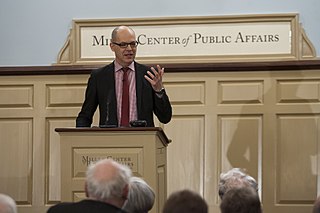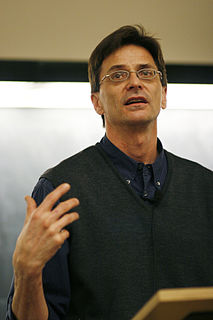A Quote by Roxanne Dunbar-Ortiz
Cases of genocide carried out as policy may be found in historical documents as well as in the oral histories of Indigenous communities.
Quote Topics
Related Quotes
Our nation was born in genocide when it embraced the doctrine that the original American, the Indian, was an inferior race. ... We are perhaps the only nation which tried as a matter of national policy to wipe out its indigenous population. Moreover, we elevated that tragic experience into a noble crusade. Indeed, even today we have not permitted ourselves to reject or to feel remorse for this shameful episode.
Simply put: Thanksgiving is the day when the dominant white culture (and, sadly, most of the rest of the non-white but non-indigenous population) celebrates the beginning of a genocide that was, in fact, blessed by the men we hold up as our heroic founding fathers. ...How does a country deal with the fact that some of its most revered historical figures had certain moral values and political views virtually identical to Nazis?








































